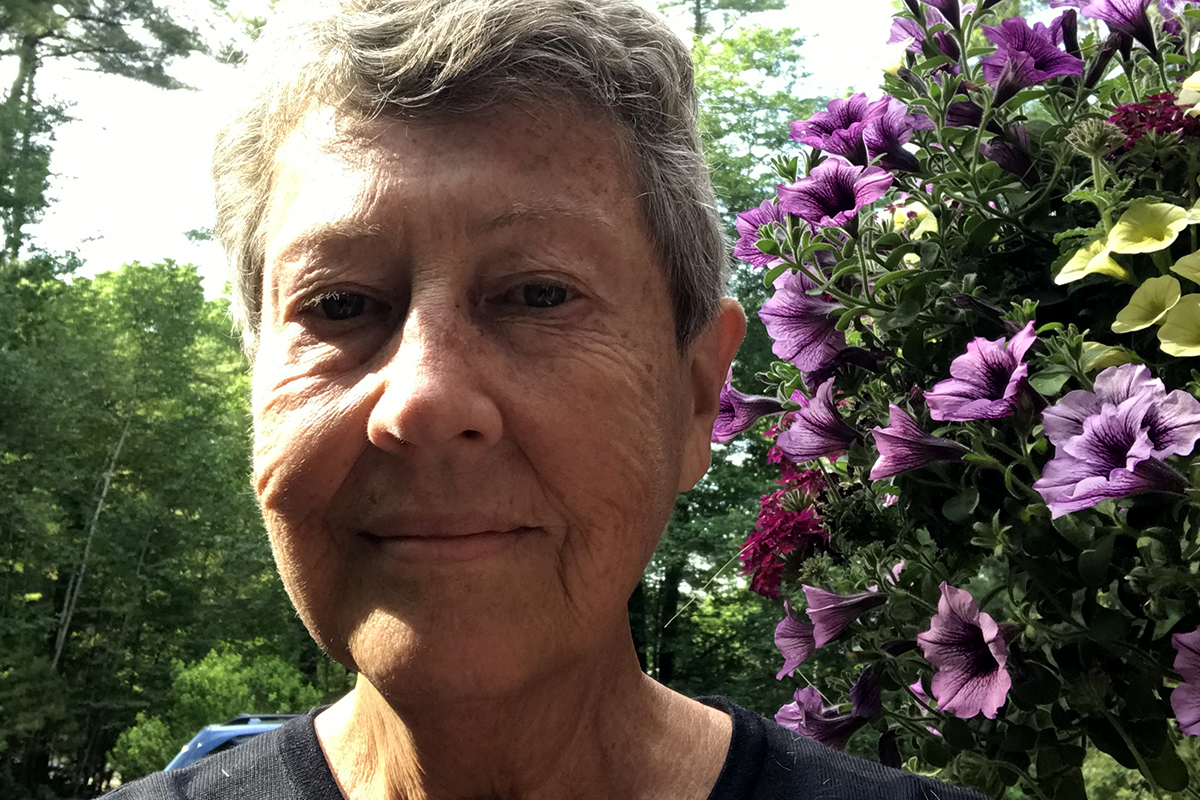In 2016 Bev felt a lump on her neck. She scheduled an appointment with her doctor, who immediately referred her to a specialist. Within days, Bev had a biopsy that revealed aggressive neck cancer.
 The cancer was so aggressive that by the time she was diagnosed it was too large for surgery. She had to endure high dose radiation and chemotherapy and the side effects were severe: she couldn't eat, drink or speak, and she lost 80 pounds.
The cancer was so aggressive that by the time she was diagnosed it was too large for surgery. She had to endure high dose radiation and chemotherapy and the side effects were severe: she couldn't eat, drink or speak, and she lost 80 pounds.
Bev was a fighter, but she didn't just have to fight the cancer: she also had to constantly fight her insurance company. After her first session of chemotherapy, Bev didn't even make it out the door before she vomited, and this continued all night. Because she was battling neck cancer, it was critical that she not vomit because the bile would affect her throat. The next day, her doctor put her on a medication that successfully prevented the vomiting.
But when Bev tried to get the medication again, her insurance company balked. They wanted her to try different, cheaper medications before allowing her to use the medicine she already knew worked for her. Bev and her doctors had to fight the insurance company to get her the medication she needed. "When you're sick like that and you're in treatment, you don't feel good," Bev said. "Your brain doesn't function well. It's hard to fight when you're in those kinds of conditions. You're really disadvantaged."
Her insurance company finally approved the necessary medication, but the battles continued throughout her treatment. She received suprirse medical bills for each of her four biopsies as her pathologist was out of network, even though her doctors and hospital were in-network. She had to fight each bill, and by the end of her treatment, when Bev could no longer speak, she had to continue to battle through letters.
"How much fighting am I going to have to do?" she asked herself at the time. "I'm fighting to get better. I'm trying to fight this horrible disease. And now I have to fight insurance companies. It doesn't seem like something I should be doing, but I don't have any other choice."
Read More Stories About Barriers to Care